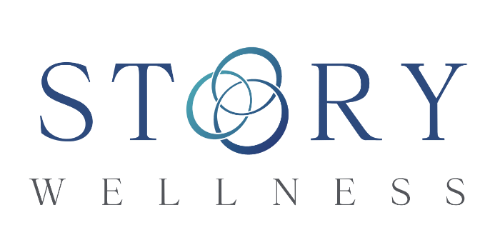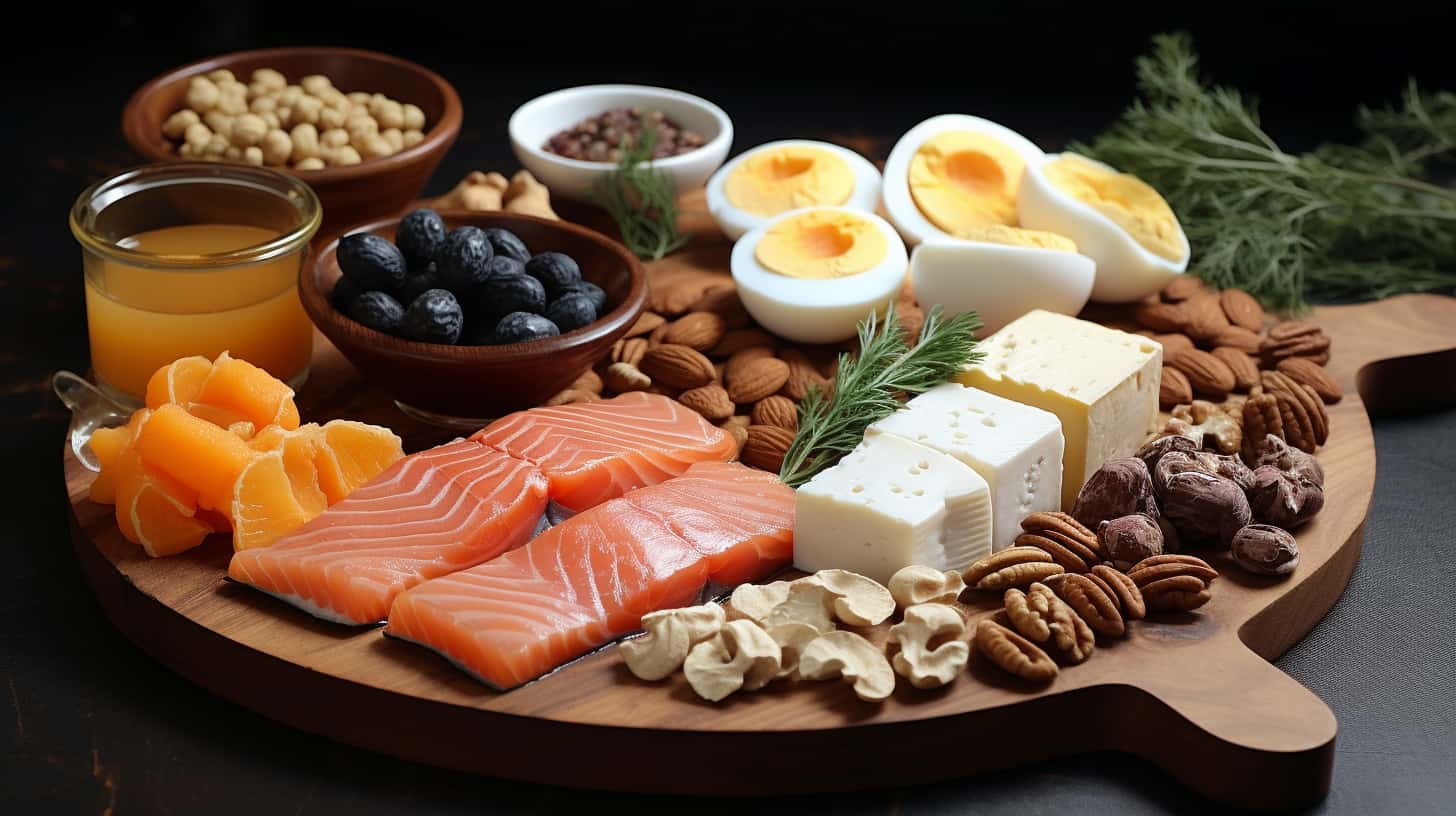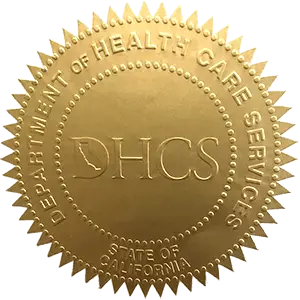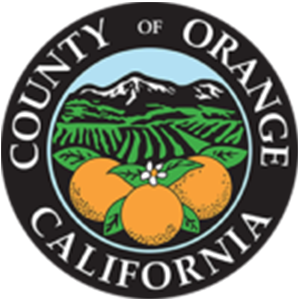Serotonin is a neurotransmitter that orchestrates the symphony of our emotions, moods, and overall mental health. Think of serotonin as the app that sends your brain notifications to boost your mood when you’re feeling down, helps you calm down during a stressful time, and even regulates your sleep cycle so you’re getting the right amount of sleep. Just as you might rely on a calendar app to keep track of your deadlines and social events, your brain relies on serotonin to keep your emotional and mental health in check.
Maintaining a healthy level of serotonin is like making sure your phone has enough charge to get you through the day. It’s about finding the right balance—too little serotonin, and you might find yourself feeling more anxious or struggling with your mood more than usual.
On the flip side, activities that boost serotonin, like hanging out with friends, getting enough sunlight, and even enjoying a healthy meal, can be seen as plugging into a power source, recharging your internal batteries to help you tackle whatever comes next in your day.
Contact Story Wellness
The Serotonin and Mental Health
The scientific community has long debated serotonin’s role, particularly in the context of depression. Is it a simple case of “low serotonin equals depression”? Not quite. The story is more nuanced, with research suggesting that while serotonin imbalances can influence mood disorders, they are part of a broader ensemble of factors, including genetics, environment, and personal history.
Beyond depression, serotonin’s influence extends to other mental health issues like anxiety, obsessive-compulsive disorder, and even schizophrenia. It’s a versatile chemical, affecting various parts of the brain—even playing roles in appetite, digestion, and the body’s circadian rhythms. The complexity of serotonin’s impact underscores a crucial point: mental health is multifaceted, and so are the approaches to improving it.
How Foods to Boost Serotonin Works
Enter the realm of nutrition psychiatry, where the food we consume becomes a key player in the mental health narrative. The premise is simple: certain foods can influence the production of serotonin, offering a natural avenue to enhance our mental well-being.
And it is possible to use food to boost serotonin. But how does this work?
Serotonin is synthesized from tryptophan, an amino acid that must be ingested through our diet. And, you guessed it, foods rich in tryptophan help us in our quest for balanced serotonin levels.
7 Foods to Boost Your Serotonin
- Salmon: This fatty fish is not only rich in omega-3 fatty acids but also boasts high tryptophan content. Omega-3s are allies in reducing inflammation, which is linked to depression, making salmon a double agent in promoting mental health.
- Eggs: The humble egg, particularly the yolk, is packed with tryptophan and tyrosine, another amino acid pivotal for dopamine production—a close relative of serotonin in the mood regulation department.
- Nuts and Seeds: A handful of these can be a powerhouse of nutrients, including tryptophan. Pumpkin seeds, for instance, not only contain this essential amino acid but also provide a generous dose of zinc, a mineral critical for brain health.
- Cheese: Cheese is more than queso and chips; it’s a significant source of tryptophan. Pairing it with a carbohydrate like whole-grain bread can enhance the tryptophan’s journey to the brain, making for a delicious and strategic mental health snack.
- Pineapples: While not directly containing tryptophan, pineapples are rich in bromelain, an enzyme that may support serotonin synthesis. Plus, their sweetness adds a psychological boost to our day.
- Tofu and Soy Products: For those veering towards plant-based nutrition, tofu and other soy products are excellent sources of tryptophan and a suite of other nutrients beneficial for mental health.
- Turkey: Often associated with the post-Thanksgiving dinner sleepiness, turkey is great source of tryptophan. But it’s not just about getting sleepy; it’s about stabilizing mood and contributing to a balanced diet.
Serotonin Beyond Diet
While using these foods to boost serotonin can play a significant role and, by extension, our mental health, they’re part of a larger story of wellness. Regular exercise, sunlight exposure, and mindfulness practices like meditation also contribute significantly to our mental health.
It’s a reminder that in the pursuit of holistic mental and emotional health, there are many instruments at our disposal, and the most beautiful music is made when they play together in harmony.
We Need More Than Food to Boost Serotonin
It’s essential to approach the narrative of food and mental health with a critical eye. No single food is a magic bullet for mental health issues, and dietary changes should complement other treatment modalities, such as therapy and medication when necessary.
It’s also important to consult with healthcare professionals before making significant changes to your diet, especially if you have existing health conditions.
In the end, the story of serotonin and mental health is a testament to the intricate dance between our bodies and the world around us. It’s a story filled with complexity, nuance, and, most importantly, hope.
By exploring the relationship between the foods we eat and the way we feel, we’re not just nourishing our bodies; we’re nurturing our minds. And in this journey, every meal, every bite, and every taste can be a step toward a happier, healthier self.
Do you want to talk more about mental health, nutrition, and finding holistic healing? At Story Wellness we offer multiple tiers of help for anyone struggling with mental health issues. Call us today to talk to a specialist and find out more about our unique program.
